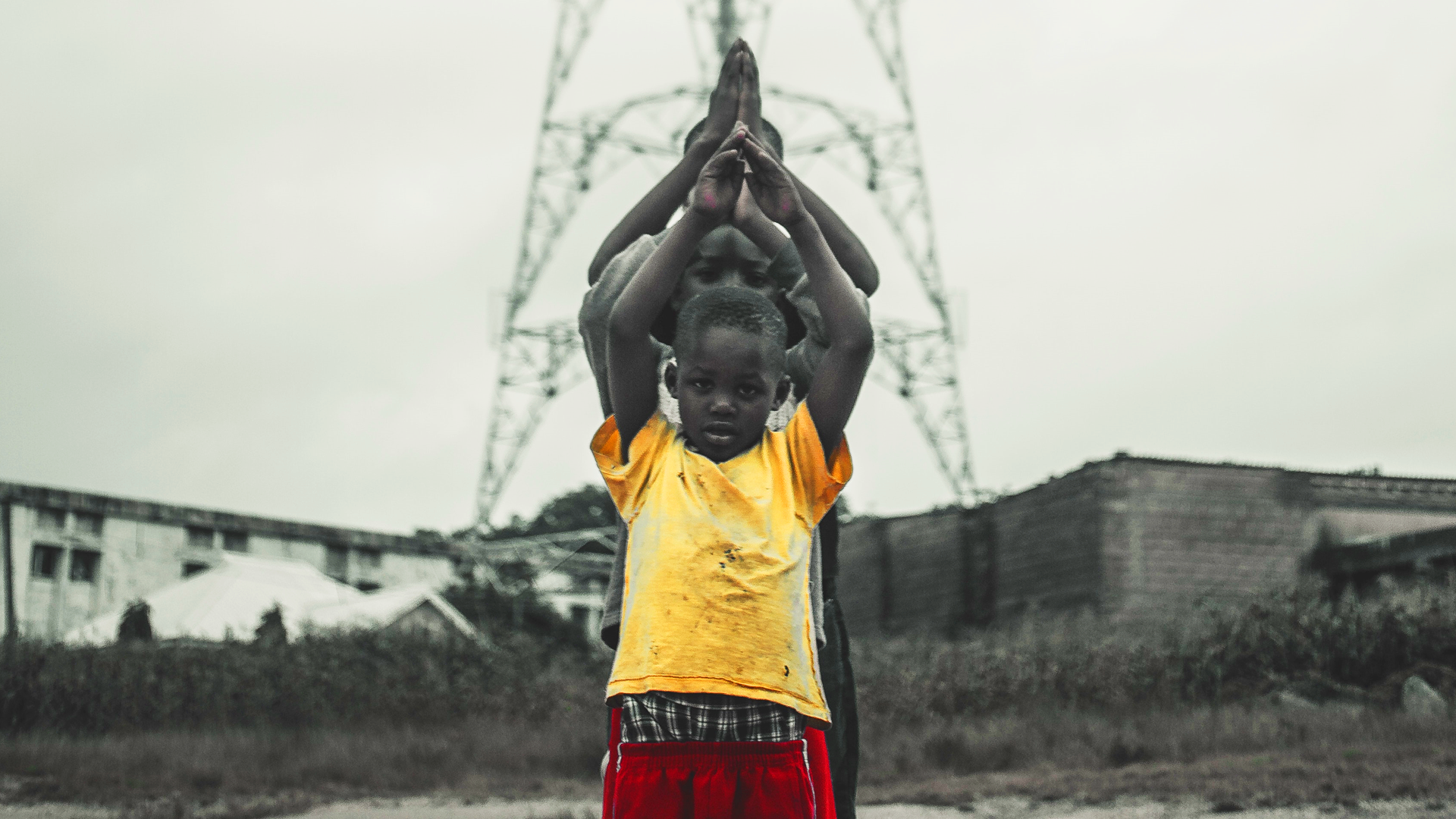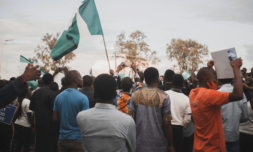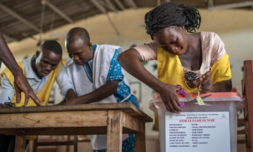Following a decision earlier this year to ban Twitter indefinitely, Nigeria is now deliberating on a bill to ban citizens under 18 from using mobile phones.
During a public inquiry, the Nigerian Communication Commission (NCC) brought forth a plan to ban citizens under the age of 18 from registering and owning mobile phone SIM cards.
Making amendments to the SIM replacement guidelines, registration of telephone subscribers, and the spectrum trading guidelines, the NCC could soon leave millions of under 18s without access to mobile phones they already own. Shocking, eh?
The draft copy of the new reform officially refers to ‘subscribers’ of any and all communication services as being over 18, and would only permit those above this age to enter into contracts with a ‘licensee’.
Theoretically, those engaged in contracts or using mobile SIM cards below this age quota could see their service go offline in the near future – provided the move isn’t blocked by an important stakeholder.
In addition, all ‘underage’ user information currently held by mobile companies and in-store SIM agents would be scrapped. This includes foreign licenses operating within Nigeria and making use of its communications networks.
How and why did this unfold?
Officially, news broke from the NCC’s head office in Abuja on Tuesday (October 5th) to the trepidation of teenagers throughout the nation.
Citing ‘protection’ as the key factor in the decision, the NCC stated that it requires all mobile phone users to have ‘proper legal status, be of matured mind, and rational enough to bear responsibilities, obligations, and liabilities imposed by a contact.’
It does, however, outline the fact that parents and guardians can acquire SIMs on behalf of young users. Teens won’t have their phones seized on sight as early murmurings suggested.
It stands to reason then that this is an upping of the stakes by President Muhammadu Buhari to improve the region’s national security, especially given the growing instances of violence at the hands of Islamic group Boko Haram.
Following lengthy bans to Twitter, which are still ongoing in Nigeria, citizens are understandably concerned there could also be underlying motives at play putting their democratic tools under threat.





















